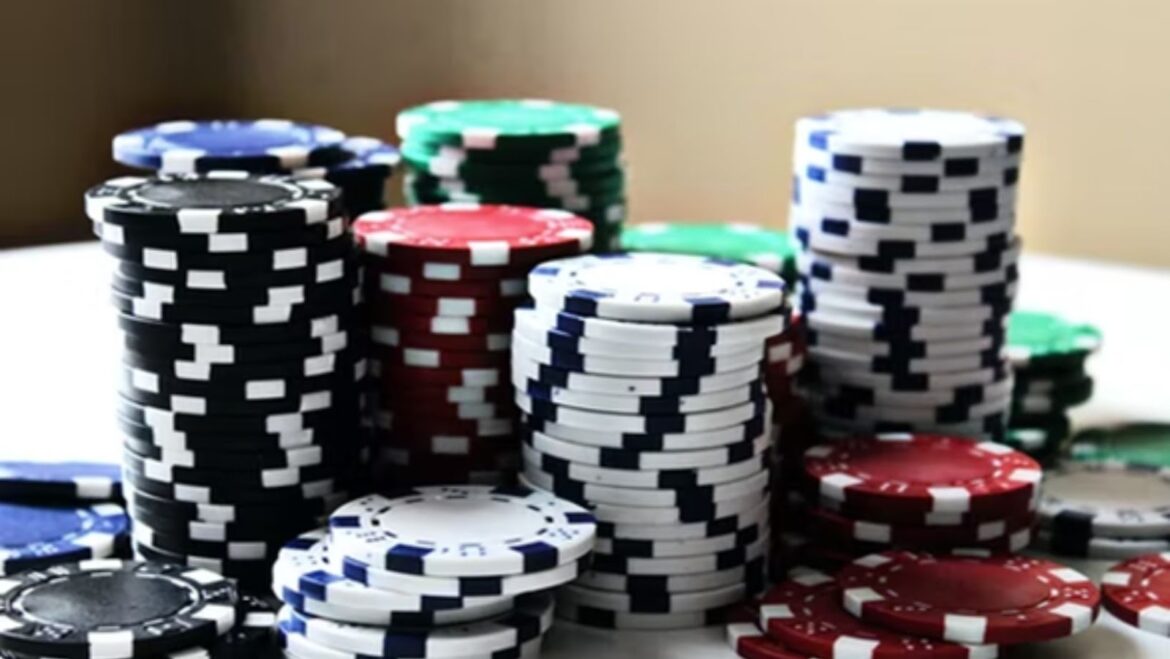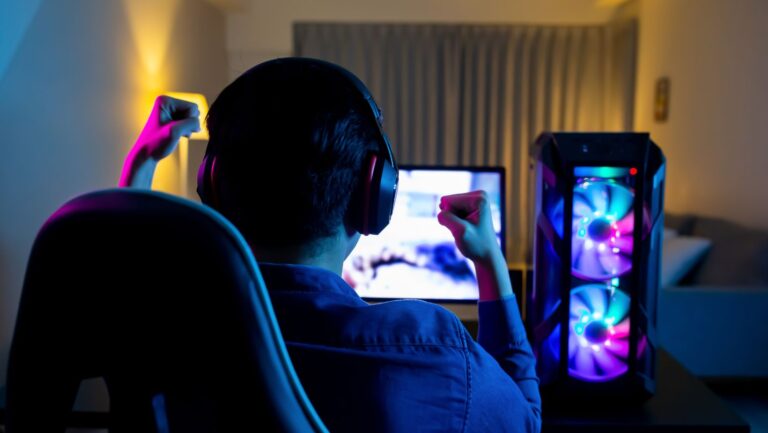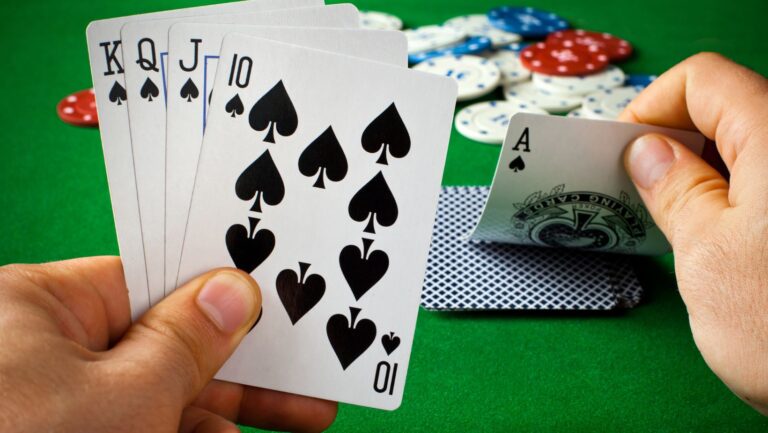There are a lot of people interested in playing or getting better at playing poker.
However, not all people are patient and wise enough to find time to know the fundamental rules of poker. Here are the 20 fundamental rules you should know when playing poker:
1. Know the basic rules of poker. This tip may seem like an obvious one, but there are a lot of people who don’t know the fundamental poker rules. To be good at poker, you must know how to play the game.
2. Don’t play every hand. One of the biggest mistakes that novice poker players make is playing with too many hands. They think they need to play every hand to win, but this couldn’t be further from the truth. In reality, you should only be playing about 20% of the hands that are dealt to you.
3. Fold most often when you are in an early position than any other position at the table. When you’re in an early position (whether you’re playing free poker or not), you have the least amount of information about the other players and their hands. As a result, you should be more conservative with the hands that you play.
4. Play aggressively in a late position. Poker rules indicate that a late position is where you want to be when you’re playing poker because you have more information about the other players and their hands. As a result, you can be more aggressive with your betting and raise more often.
5. Don’t chase draws. Many novice players make the mistake of chasing draws when they try to hit a hand they’re not likely to hit. For example, if you have a flush draw on the flop, you have a 34% chance of hitting it on the turn. However, chasing a draw like this is often a losing proposition because you’re likely to spend more money than you’ll win if you hit your hand.

6. Don’t bluff too much. Bluffing is an integral part of poker, but novice players often make the mistake of bluffing too much at the poker table. If you’re bluffing more than 50% of the time, you’re probably doing it too much.
7. Don’t slow play big hands. Slow playing is when you have a strong hand but don’t bet or raise to try and trap other players. However, this is often a mistake because it allows other players to improve their hands and beat you.
8. Don’t play when you’re drunk. This tip should be obvious, but many people make the mistake of playing poker when they’ve had too much to drink. Not only does alcohol impair your judgment, but it also makes you more likely to make mistakes leading you to lose your poker chips.
9. Pay attention to the other players. One of the most critical skills in poker is being able to read other players. You’re at a serious disadvantage if you can’t do this. Pay attention to how other players are betting and try to get a read on their hands. GGPoker, the world’s largest poker room, offers a fun and safe place not just to avoid getting a bad hand at poker but also to play and enhance your poker skills. Sign up now and grab that exciting opportunity to learn and play with different types of players around the world.
10. Don’t show your cards. Showing your cards is a bad idea for two reasons. First, it gives away information about your hand to other players. Second, it makes you look like a novice player. If you want to stay in the game, keep your cards to yourself.
11. Don’t play every hand to the river. Playing every hand to the river is an excellent way to lose all of your money. If you have a marginal hand, it’s often best to fold rather than see all the cards and risk losing more money.
12. Know when to hold ’em and know when to fold ’em. This famous line from the song “The Gambler” is actually good advice. There will be times when you have a losing hand, and there’s no shame in folding. It’s often the smartest thing to do.
13. Don’t play with money you can’t afford to lose. This tip should be obvious, but many people make the mistake of playing poker with money they can’t afford to lose. If you can’t afford to lose the money, don’t play.
14. Don’t get emotionally attached to your hand. Many novice players make the mistake of getting emotionally attached to their hands. They think that just because they have a good hand, they’re going to win. However, this is often not the case. Poker is a game of chance; you need to be prepared to lose.

15. Don’t make rash decisions. When you’re playing poker, you need to be calm and collected. Making rash decisions is a surefire way to lose money. If you’re getting emotional, it’s often best to take a break from the game.
16. Don’t play when you’re tired. Playing poker when you’re tired is a recipe for disaster. When you’re tired, your judgment is impaired, and you’re more likely to make mistakes. If you’re feeling tired, it’s best to take a break.
17. Don’t play against better players. If you’re a novice player, it’s often best to avoid playing against better players. They’ll have an advantage over you, and you’ll likely lose money.
18. Don’t brag about your wins. When you win a hand, it’s often best to keep it to yourself. Bragging about your win will make other players resent you.
19. Don’t complain about your losses. Just as you shouldn’t brag about your wins, you shouldn’t complain about your losses. Poker is a game of chance, and everyone has bad luck from time to time. Complaining about your losses will only annoy other players.
20. Don’t play when you’re on tilt. “Tilt” is a poker term for players getting so angry or frustrated that they make careless decisions. If you’re getting tilted, it’s best to take a break from the game.




